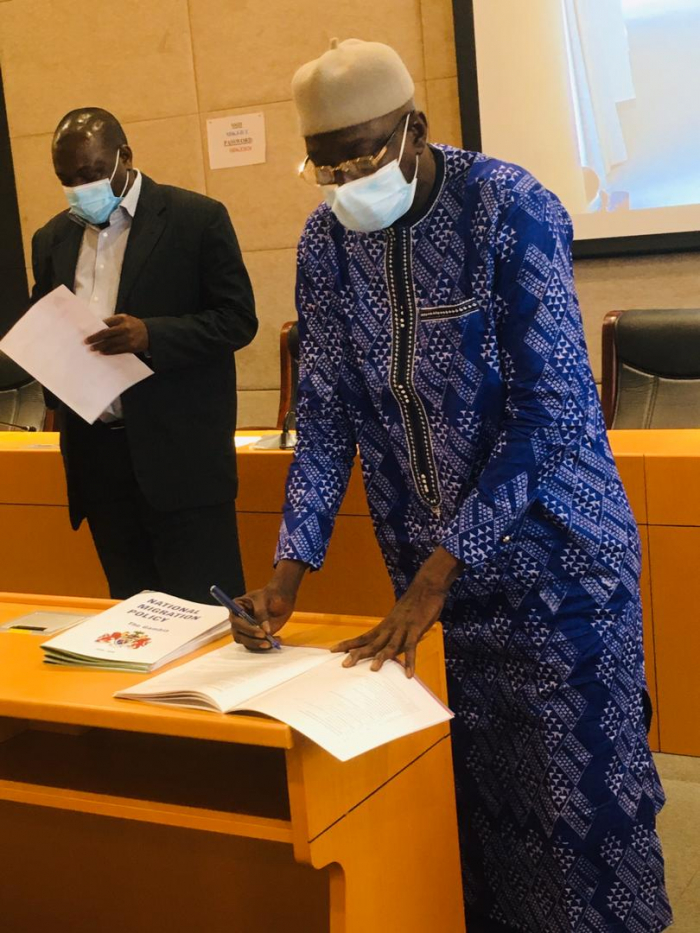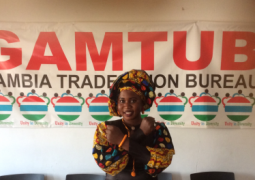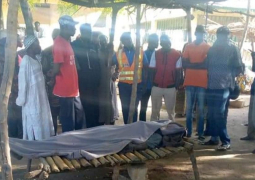
Sonko made this statement during the launching of the National Migration Policy recently held at the DK Jawara Conference Centre in Bijilo.
“The government acknowledges that the primary duty to protect migrants and their rights lie with states and declares it full intention to promote and contribute to the protection of migrants within and outside The Gambia.”
“In line with the guidelines provided by the African union through its migration policy framework for Africa and considerate of the different regional instruments on migration, the government of The Gambia hereby affirms its commitment to all existing international and national principles and standards related to migrants,” he said.
Migration, apart from other factors including social, economical, cultural and political links is also being link to environment and climate change. The effect of which continues to be of major concern for Gambians and the Gambian government.
According to Sonko, an effective migration policy emphasises the promotion of the dignity of migrants, their wellbeing and respect for their rights.
The IOM chief of mission in The Gambia, Fumiko Nagano, said migration, if properly managed, contributes positively to the socio-economic development of countries and communities in all stages of the migration cycle.
“Migration is a reality as old as human civilisation, and has in turn informed lOM’s support to its Member States and migrants to ensure migration takes place in a humane, dignified and regular manner, she said.
“The task of making migration humane and dignified has become even more pressing with the increasing complexity of the migration dynamics, evolving challenges facing migration management, and vulnerabilities migrants encounter during their journeys.”
The Gambia is a country of origin, transit and destination for many migrants, especially when considered against the total population size of the country. Going beyond this statement, The Gambia continues to experience a range of outcomes of the migration phenomenon. This experience primarily refers to the irregular migration of our youth through the ‘backway’ that has led many young people to difficult and often life-threatening encounters of rights abuse, exploitation and even of life loss. Minister Sonko acknowledged.



